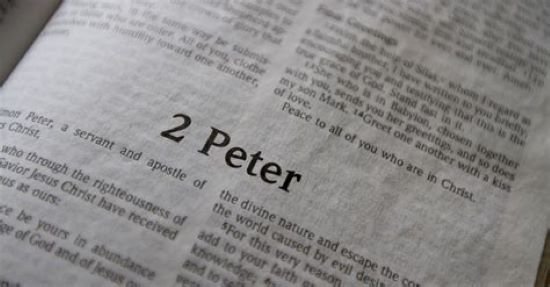Daniel, the Kidnapped Exile
Daniel was a young man of noble Hebrew descent living in Judah in 605 B.C. In the providence of God that was the year when King Nebuchadnezzar sent his armies to lay siege to Jerusalem–only to destroy the city and its temple eighteen years later in 587 BC. Along with a number of Jewish youths, Daniel was taken from his home and family in Judah, and exiled to Babylon, where he lived out the balance of his long life as a believer in YHWH in the capital city of a pagan empire.
Although an exile far from home, Daniel rose to such prominence in the Babylonian royal court that eventually he became a confidant of Nebuchadnzezzar. Little did Daniel know that the terrible day when he was taken captive and removed from his home and family was just the beginning of an amazing life–a life which, through a series of dreams and visions given him by God, led to the production of a book of the Bible which reveals some of the profound mysteries of God’s sovereign plan for human history, by taking us on a panoramic sweep from Israel’s patriarchs (Abraham, Isaac, and Jacob) to the coming messianic age, all the way to the end of time and the day of final judgment.
The Book of Daniel is also the story of a faithful Jewish exile, living in a pagan land, serving in a pagan royal court, all the while living his life in such an exemplary way that he may indeed have been used by God during the reign of the Persian king Cyrus (in the 530s) to help secure the freedom of those Jewish exiles who returned to Jerusalem (in a second Exodus) as recounted in the books of Ezra and Nehemiah. The Book of Daniel is not only an important guide to redemptive history, it is also the remarkable story of a faithful life lived in exile.
To read the rest, follow the link below
Read More














